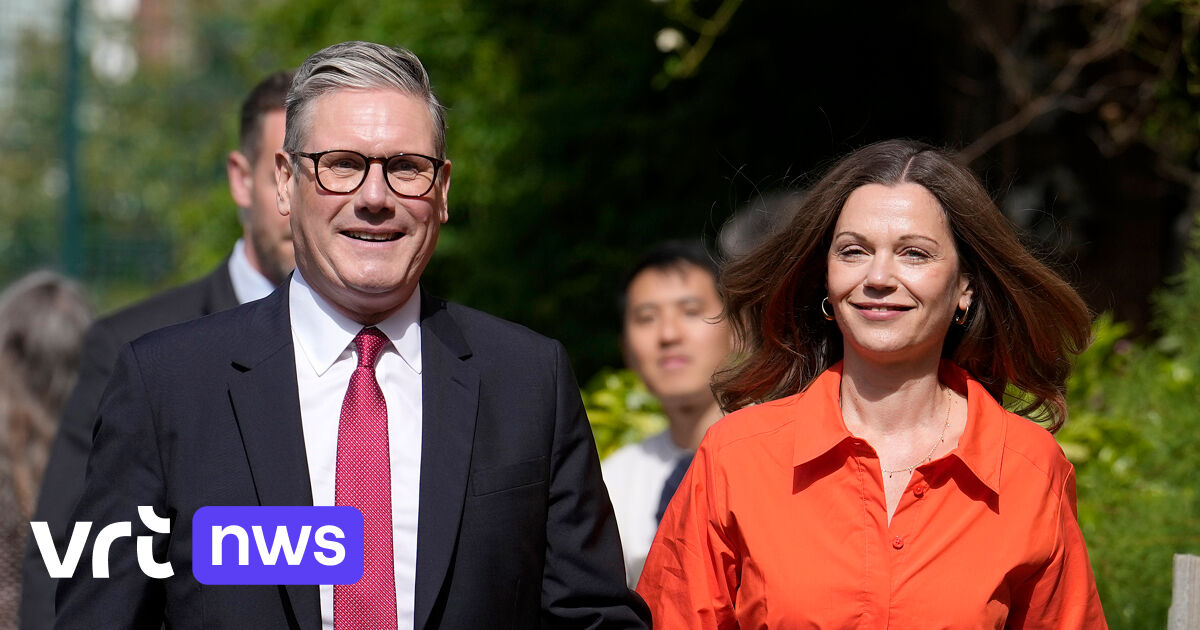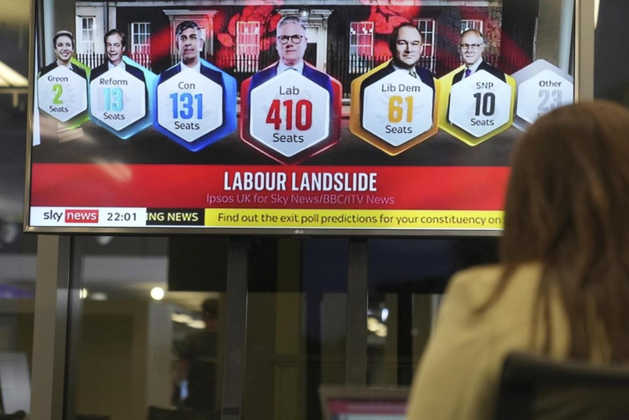The VVD, D66, CDA and CU coalition agreements include plans to build two large new nuclear power plants. The life of the existing nuclear power plant (at Borsele) will also be extended, as safe C02-free electricity has been produced there for decades. Minister Jetten asked various engineering companies and independent consultants to make scenario studies on the role of more nuclear energy in the Netherlands. Researchers have recently acquired knowledge in other countries where nuclear power projects have started (such as the UK, Poland and Finland).
Extensive reports indicate that, if nuclear energy is chosen and no construction time and budget is exceeded, ‘there will be a significant role’ for this form of CO2-free energy in the Netherlands. “When there is no nuclear energy in the Dutch production mix, dependence on energy imports increases,” the report also points out.
less dependent
In addition, our country has become less dependent on foreign countries when building such power plants. “Nuclear energy contributes to reducing dependence on imports of scarce raw materials. The direct and indirect demand (in the form of products) for raw materials in the Netherlands is quite large. This raw material is indispensable to be able to realize a large number of wind, solar, battery, electrolyzer and electric cars. Nuclear energy requires comparable feedstock, but much less per kWh.” Especially in the long term, “the relative impact of nuclear energy will increase and thus dependence on this feedstock will decrease.”
speed up
While there is a large majority in the House of Representatives in favor of more nuclear energy, plans in this regard have not gone smoothly. Last week, the VVD and CDA coalition parties filed a motion in which Minister Jetten was urged to accelerate the plan. The researchers point out that it is important for the central government to play an active role – as well as offer investors long-term certainty – to make the project a success.
Building such a power plant, which meets the highest safety requirements, can take years. Researchers estimate that large power plants could be put into operation within 11 years, if started now. That’s why governments should offer a long-term perspective, the researchers said.
‘Big investment’
“Nuclear power plants require huge investments and a total development period in which there is no long-term income. Analysis of various financing models shows that it leads to lower costs for electricity consumers if the government not only ensures long-term purchase as a contractor, but also actively participates in the development phase. In particular, it ensures that financing costs are lower.”
Read also: After many political debates, Belgium begins to close nuclear power plants, while staff ask for postponement
Experts from Baringa recommend that the Dutch government should create a political and regulatory framework ‘that can rely on investor confidence’. By strengthening knowledge and forging relationships with companies that can supply nuclear power plants, the Netherlands can “build mutual trust and gain insight into the appropriate financial and technological framework within which tenders are likely to be successful.”
Storage waste
One of the basic principles also is that the Netherlands should think carefully about the storage of radioactive waste. The current policy is to store these for at least 100 years in the state-owned COVRA’s heavily fortified bunker, which has decades of storage capacity. “Storage capacity at COVRA at the time was modular, with a view to future expansion. Storage sheds can easily be built for more low- and medium-level waste.” This also applies to the storage of highly radioactive waste, the researchers said.

“Hipster-friendly creator. Music guru. Proud student. Bacon buff. Avid web lover. Social media specialist. Gamer.”







